Global tensions have made for a busy year for the AeroTime defense team. From the ongoing war in Ukraine and the conflict in Gaza to new aircraft orders and old aircraft retirements, it’s been a year packed with defense aviation news.
Here are some of the key trends and stories that shaped defense aviation news in 2024.
Ukraine finally gets its F-16s
One of the most significant milestones in the ongoing invasion of Ukraine by Russia was the delivery of the first F-16 fighter jets to Ukraine in August 2024. AeroTime’s Editor-in-chief and resident defense expert Clement Charpentreau noted,
“This event marked a crucial upgrade for the Ukrainian Air Force, enhancing its air-to-ground and air-to-air combat capabilities. These improvements are essential as Russia continues its regular air attacks on Ukrainian cities.”
Fellow defense reporter Ian Molyneaux added, “After months of Ukraine being told the transfer of F-16s would not be possible, President Zelenskyy’s persistence paid off and the fighter jets the Ukrainians desperately needed arrived.”
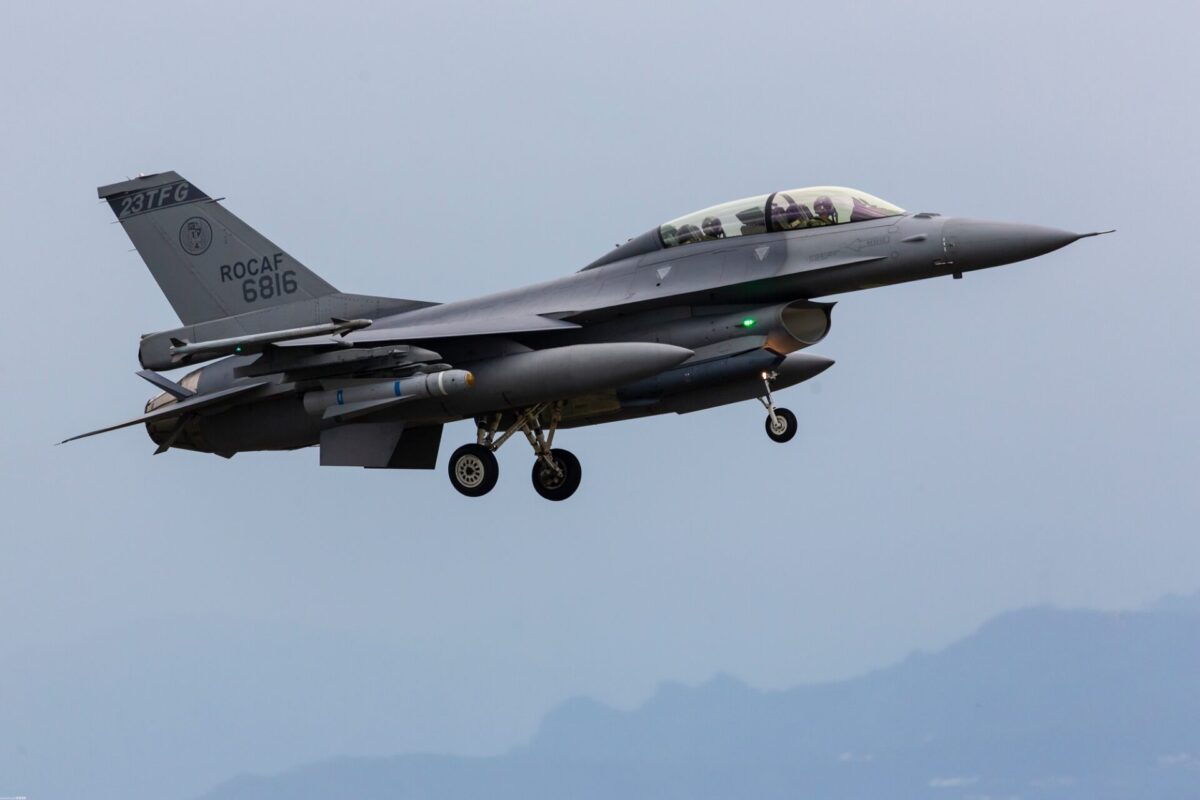

More air support is expected for Ukraine over the next year. Clement explained, “In 2025, France is expected to deliver Mirage 2000-5 fighter jets to Ukraine, and there is potential for the delivery of Swedish Gripen jets as well.”
Ukraine has also been deploying long-range missiles, which will likely continue to be a feature as we move into the new year. Clement noted, “Western allies took another step by authorizing Ukraine to use long-range precision strike weapons, such as ATACMS and Storm Shadow/SCALP missiles, within Russian territory. Since their first delivery in the summer of 2023, these weapons have proven helpful at striking strategic targets within the occupied Ukrainian territory. They are now expected to be used to disrupt Russian supply chains, command centers, and logistics hubs as Ukraine continues its offensive in the Kursk oblast.”
A great year for Embraer’s defense products
Embraer has had a slow start with its C-390 Millennium strategic multi-mission airlifter, with few nations outside of Brazil choosing the platform. But that changed in 2024, with the NATO-standard C-390 in service with Portugal and starting to gain attention from other NATO nations.
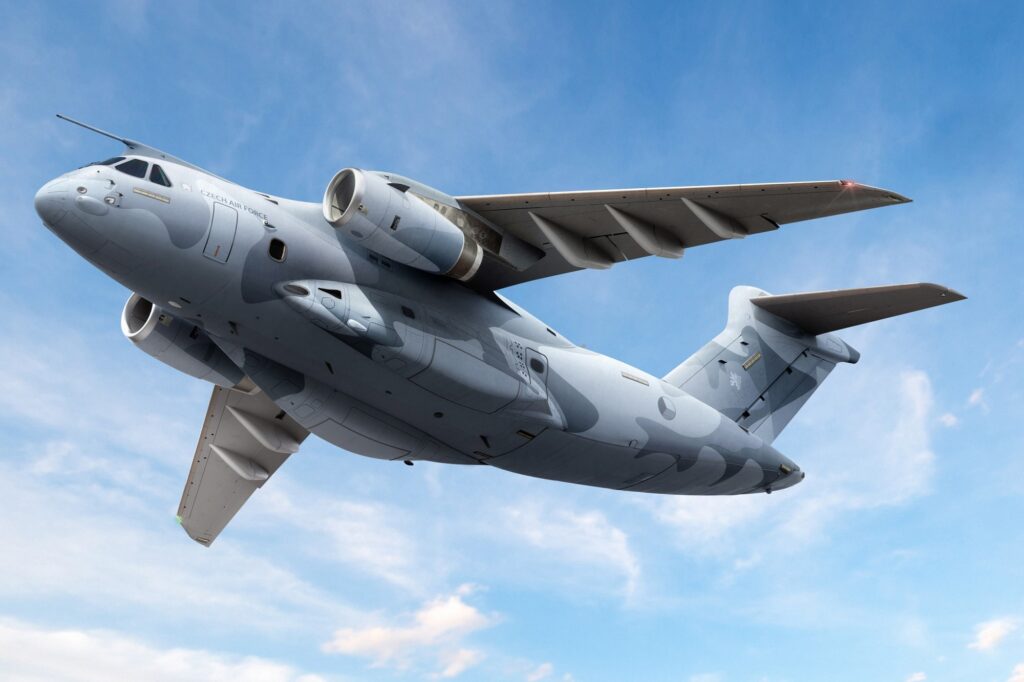

Clement noted, “The Embraer C-390 Millennium continued to gain traction in 2024, securing orders from multiple countries, including South Korea, the Czech Republic, and Sweden. Its versatility, lower operating costs, and tactical transport and aerial refueling capabilities have positioned it as a strong competitor to legacy platforms like the Lockheed Martin C-130 Hercules. The C-390’s success highlights the need expressed by various air forces for a robust yet modern tactical airlifting platform.”
Today, C-390s are in operation with Brazil, Hungary and Portugal. Within the next few years, the aircraft will join the fleets of Austria, Czech, Netherlands, Slovakia, South Korea and Sweden. Embraer is actively marketing the jet in a number of countries, including South Africa, India and Greece, which could mature into orders in 2025.
As well as the C-390, Embraer has announced sales of the A-29 Super Tucano to several air forces including Portugal, Uruguay and Paraguay. Other orders have been confirmed, but the customers are yet to be revealed.
Droning on and on
Throughout 2024, drones and unmanned aerial vehicles (UAVs) have regularly hit the headlines as nations around the world demonstrate their capabilities. Ranging from modified consumer drones carrying explosives to huge uncrewed air systems, unmanned defense vessels are quickly becoming the must-have equipment in any arsenal.
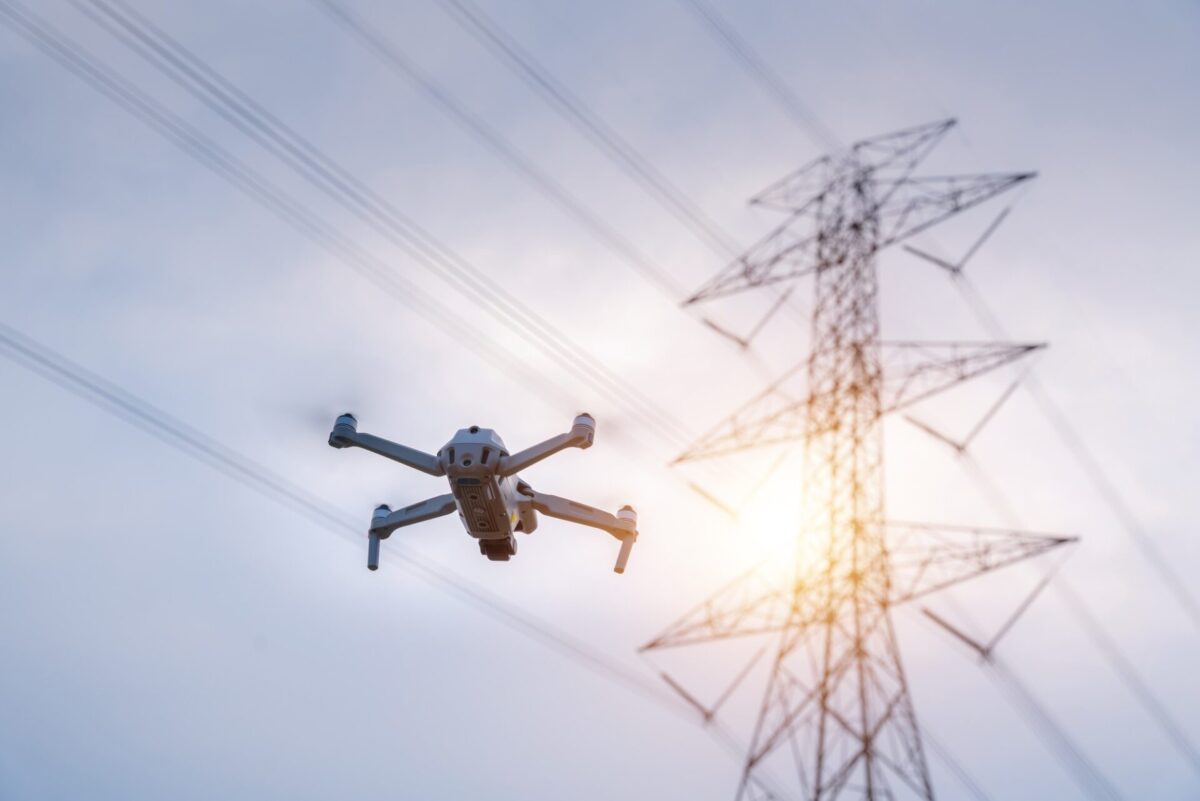

Ukraine has employed innovative use of consumer-level drones to target Russia, equipping them with explosives and sending them over the border. In one night, on September 10, 2024, Russian air defenses downed 144 drones across nine different regions. In addition to small drones, Ukraine has been seen using modified general aviation aircraft like the Cessna 152 to fly deep into Russian territory with explosives.
Big drones are attracting attention too. General Atomics Aeronautical Systems (GA-ASI) conducted a successful live-fire gun pod testing using its Mojave Unmanned Aircraft System or UAS on April 13, 2024. In August 2024, the US Navy installed the world’s first drone control center on an aircraft carrier, and over the summer, the USAF showed off its XQ-67A in an inaugural flight from Palmdale, California.
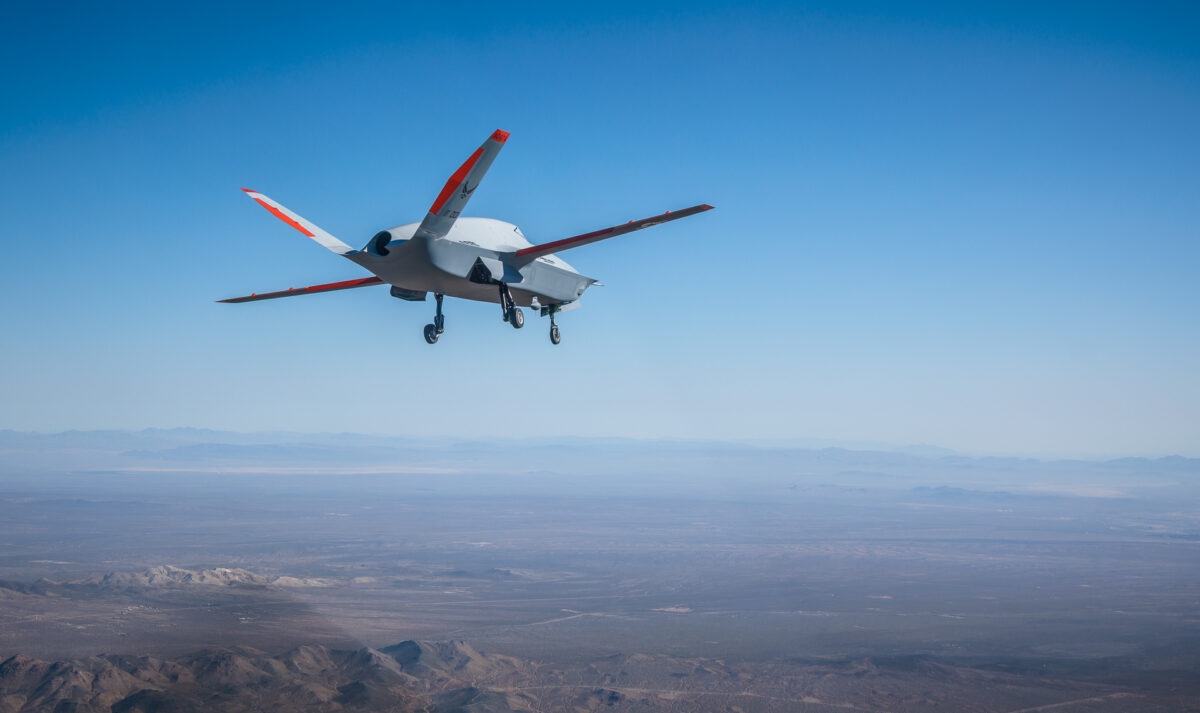

Small drones continue to disrupt military bases, too, with incursions causing concern at US bases in England in November 2024. Drone activity in the US became a concern towards the end of the year, with sightings shutting down airports, leading to the FAA banning drone flights over infrastructure in New York and New Jersey.
Goodbye to some of the greats
As air forces continue to modernize their fleets, nations are beginning to say goodbye to some of their icons from past decades.
One of the most notable retirements is the USAF phase-out of the A-10 ‘Warthog’, set to be completely gone from the fleet by 2029. Retirements started in 2024, with 21 A-10s being withdrawn and the fleet from Davis Monthan Air Force Base phased out from February 2024. The A-10C demonstration team delivered their final performance in Florida in November 2024.
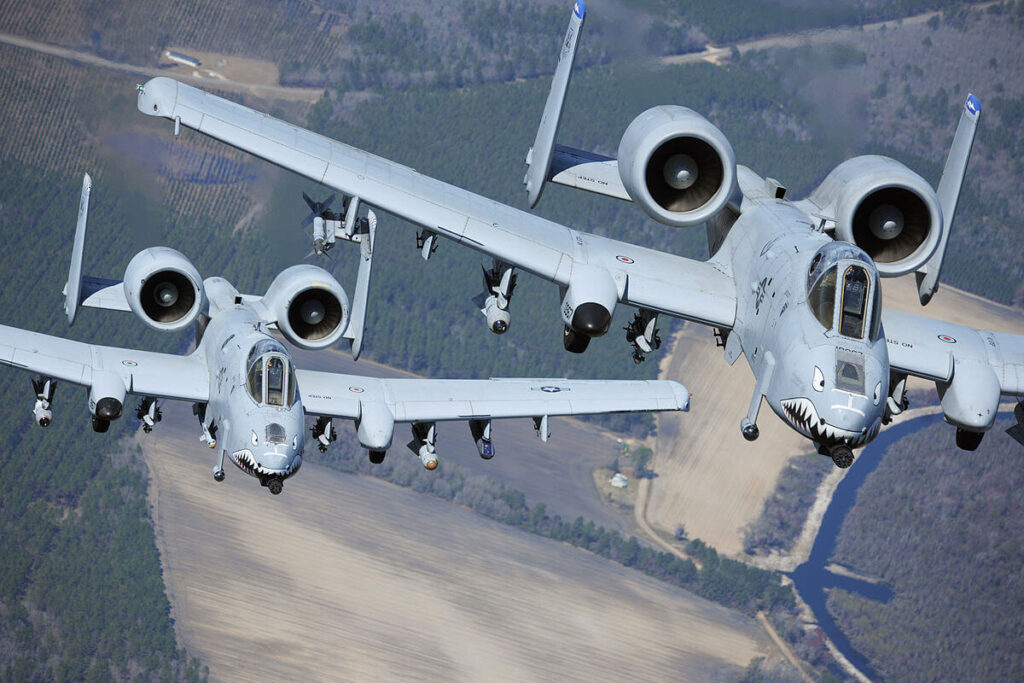

Also leaving the USAF in 2024 was the KC-10 Extender, one of its most long-serving and iconic aircraft. The type officially retired on September 26, 2024, after more than 40 years of service. A farewell ceremony was held at Travis Air Force Base in California, the last US base still operating the KC-10. Replacing the type will be the KC-49A Pegasus.
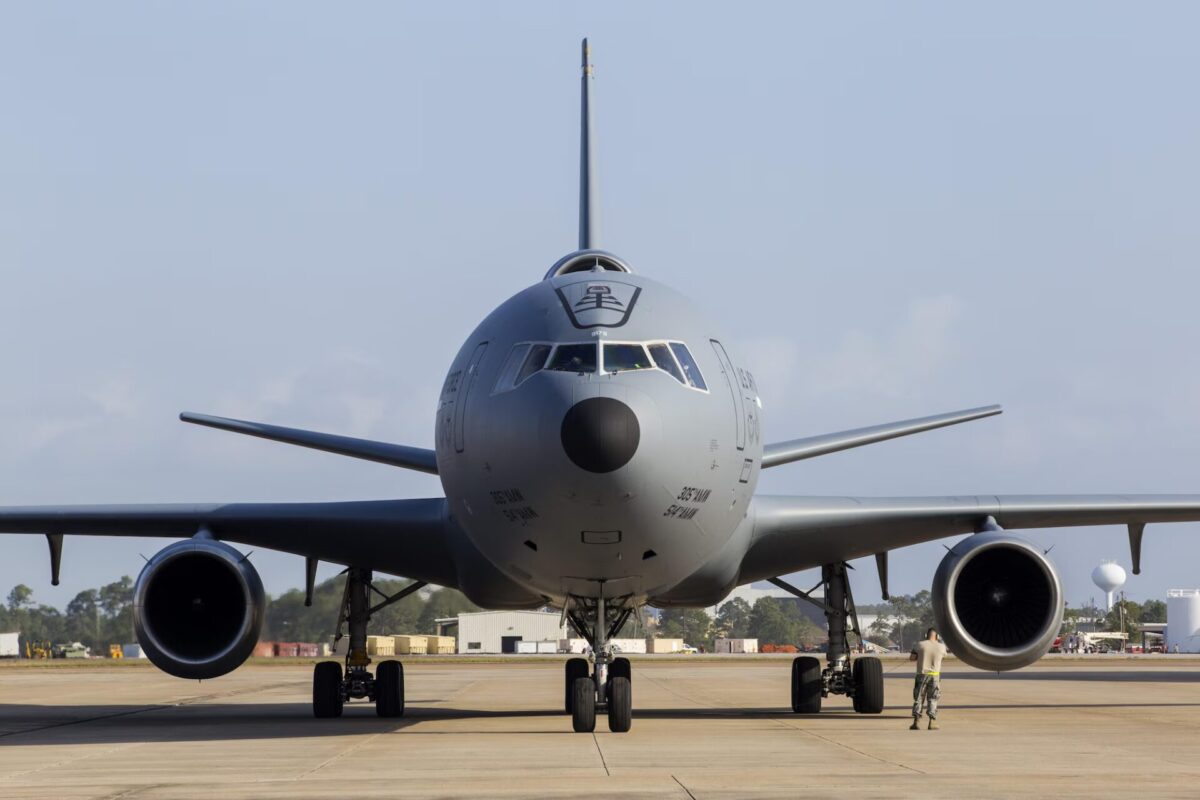

Other notable retirements include the Italian Air Force saying goodbye to its AMX ground attack aircraft in April 2024, Sweden retiring the Saab 105 after 60 years of service, and South Africa withdrawing the C-47 Dakota after an astounding 80 years in its fleet. Croatia stood down the MiG-21, the last operational jets of the type in Europe, and the Dutch Air Force bid farewell to the F-16 after 45 years.
Hello to the future
While some aircraft are departing, others are just getting started. The USAF showed off its future stealth bomber with the first official images of the B-21 Raider in flight in May 2024. The new RAF E-7 Wedgetail took its first flight, and despite the ongoing problems with the Osprey, Leonardo made progress with ship trials for its AW609 tiltrotor.
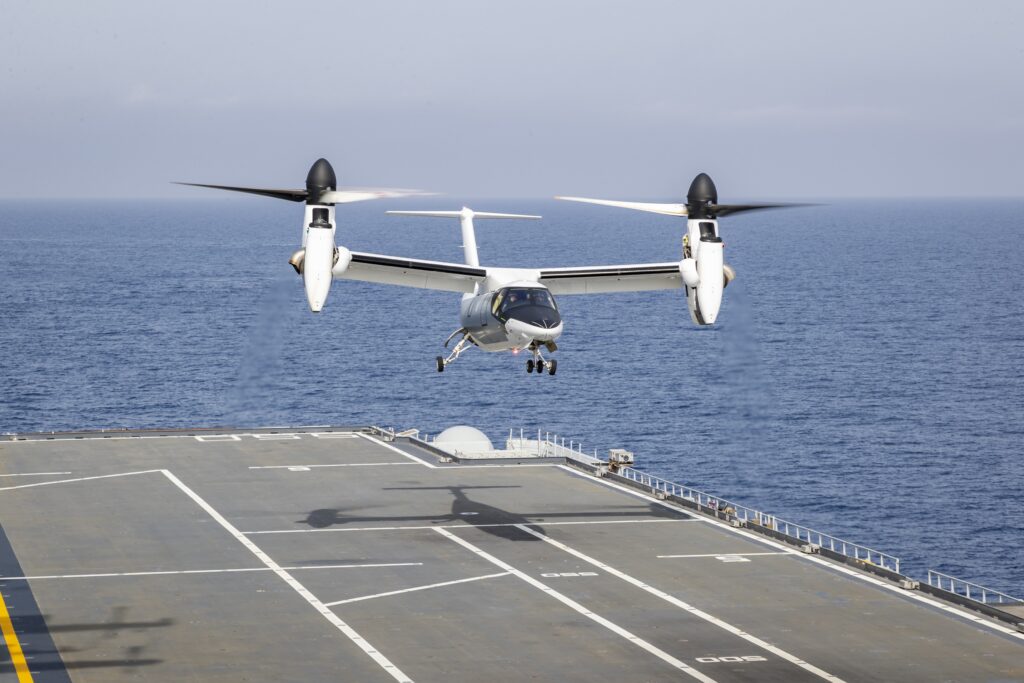

On Boxing Day 2024, China appeared to break cover with not one but two 6th generation fighter jets, causing quite a stir in the aviation community. The Airbus Racer helicopter completed its first flight too, while NASA’s experimental X-59 is moving closer to its inaugural takeoff.
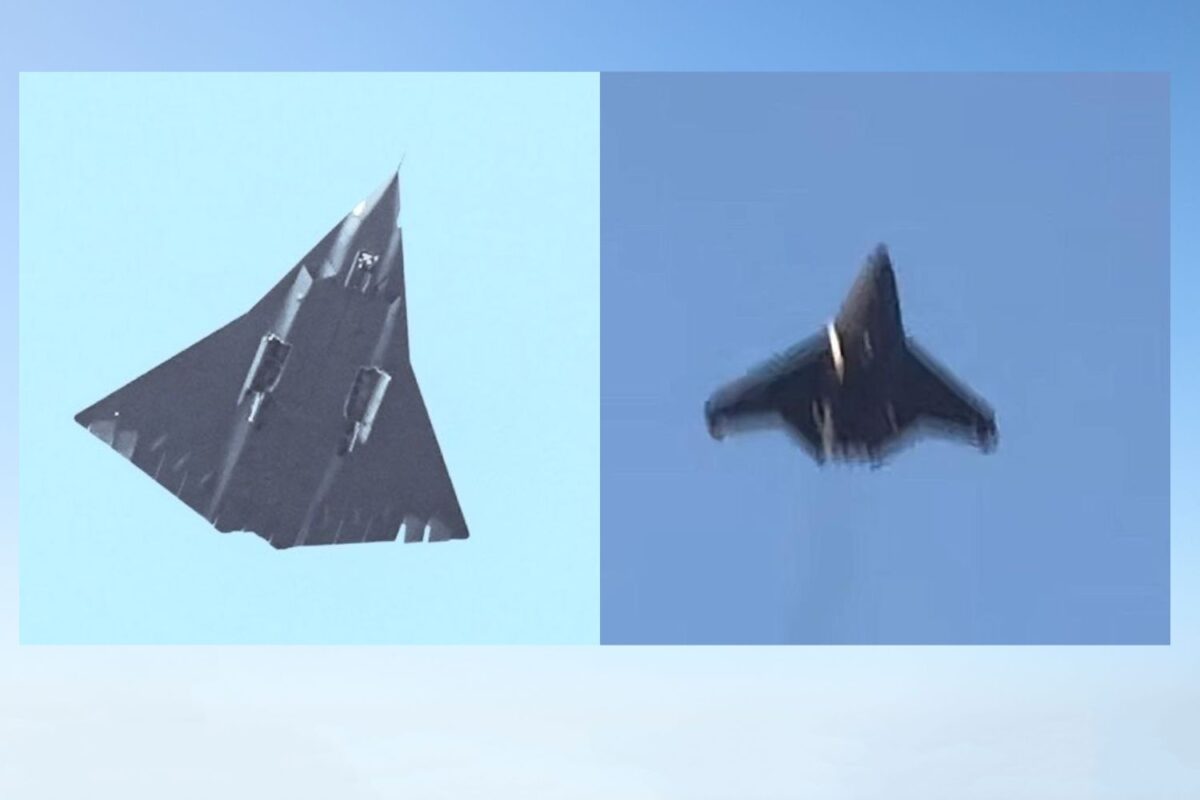

Politically, there have been some moves too, with Sweden’s joining of NATO one of the most notable. Clement Charpentreau explained, “In 2024, Sweden officially joined NATO, strengthening the alliance’s northern flank. Sweden’s military aviation capabilities, particularly its fleet of Saab JAS 39 Gripen fighters, provide strategic benefits to NATO’s collective air defense, especially in the Baltic region. Additionally, the Swedish Air Force, along with its Finnish counterpart, contributes valuable knowledge to the alliance, including in conducting dispersed operations, known within NATO as the Agile Combat Employment doctrine.”
Unusual operations
From Red Flag to Pitch Black, air forces the world over have been busy conducting operations to ensure readiness for conflict. Some of these operations have included some unusual activity, with demonstrations of landings on highways seeming to be the order of the day.
In September 2024, two USAF F-35s made a successful landing on a highway in Finland, while the USAF’s AFSOC demonstrated Agile Combat Employment with a historic AC-130J landing on a highway during the Emerald Warrior Exercise. Not to be outdone, the Swiss Air Force conducted highway landing and takeoff drills with F/A-18s, making for some pretty impressive photos.
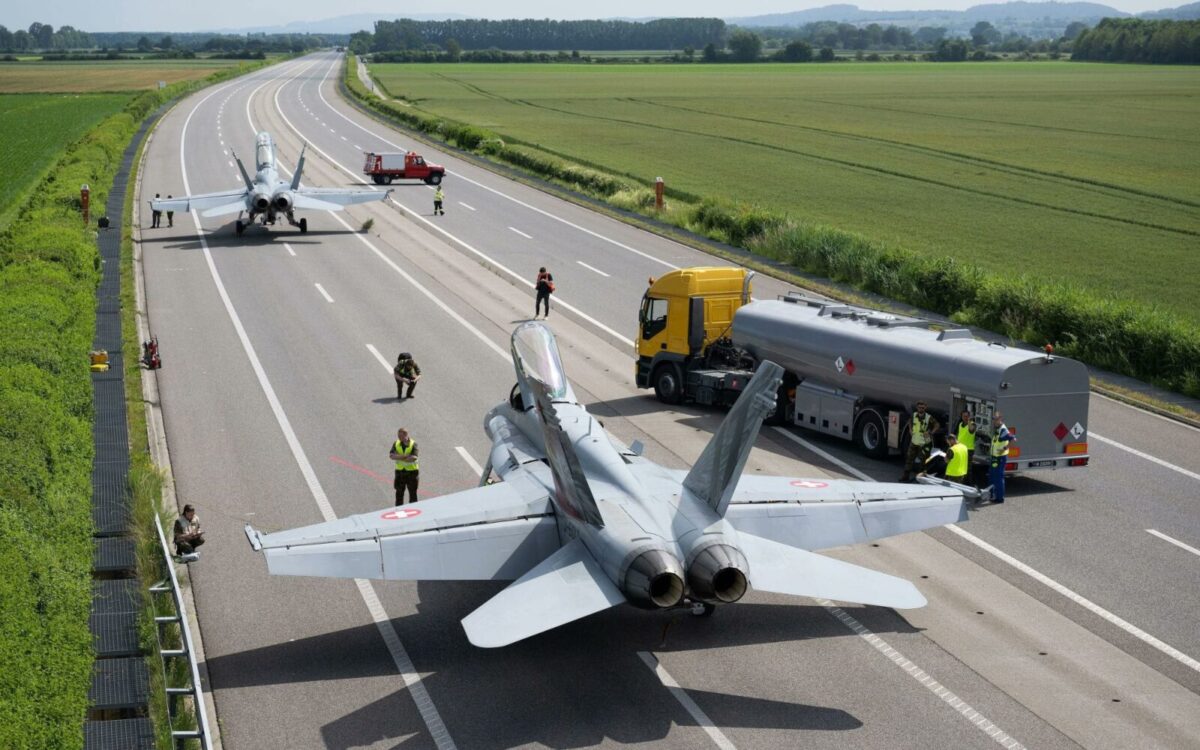

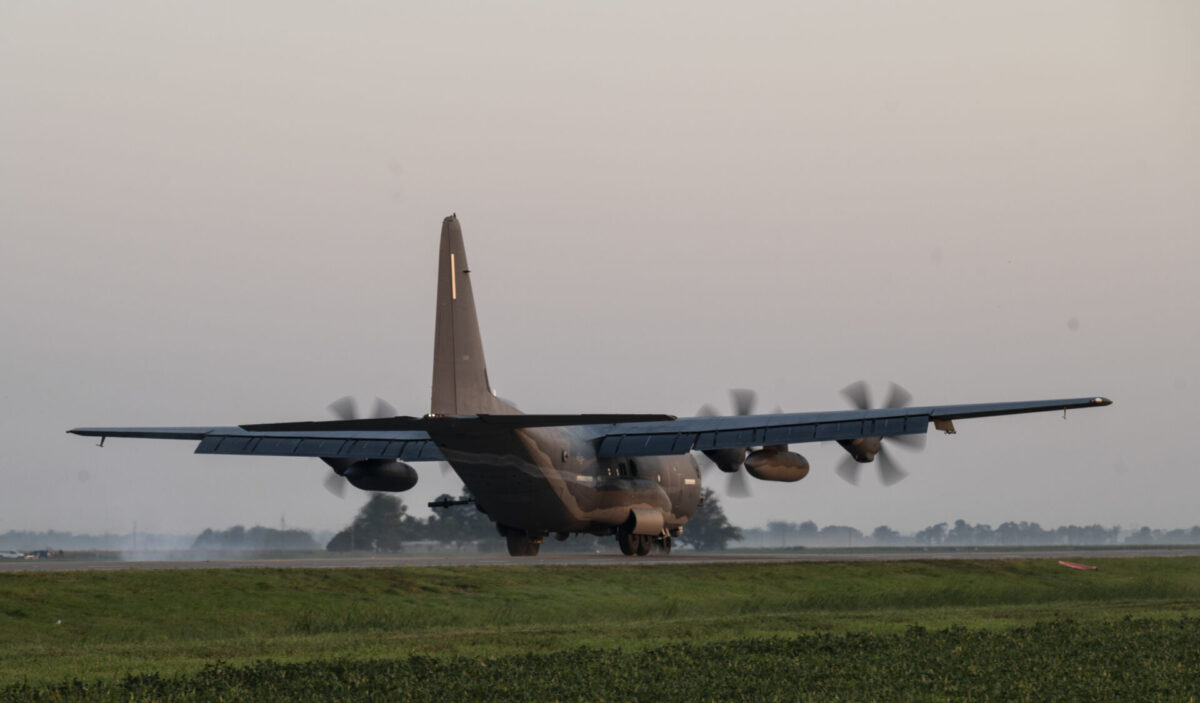

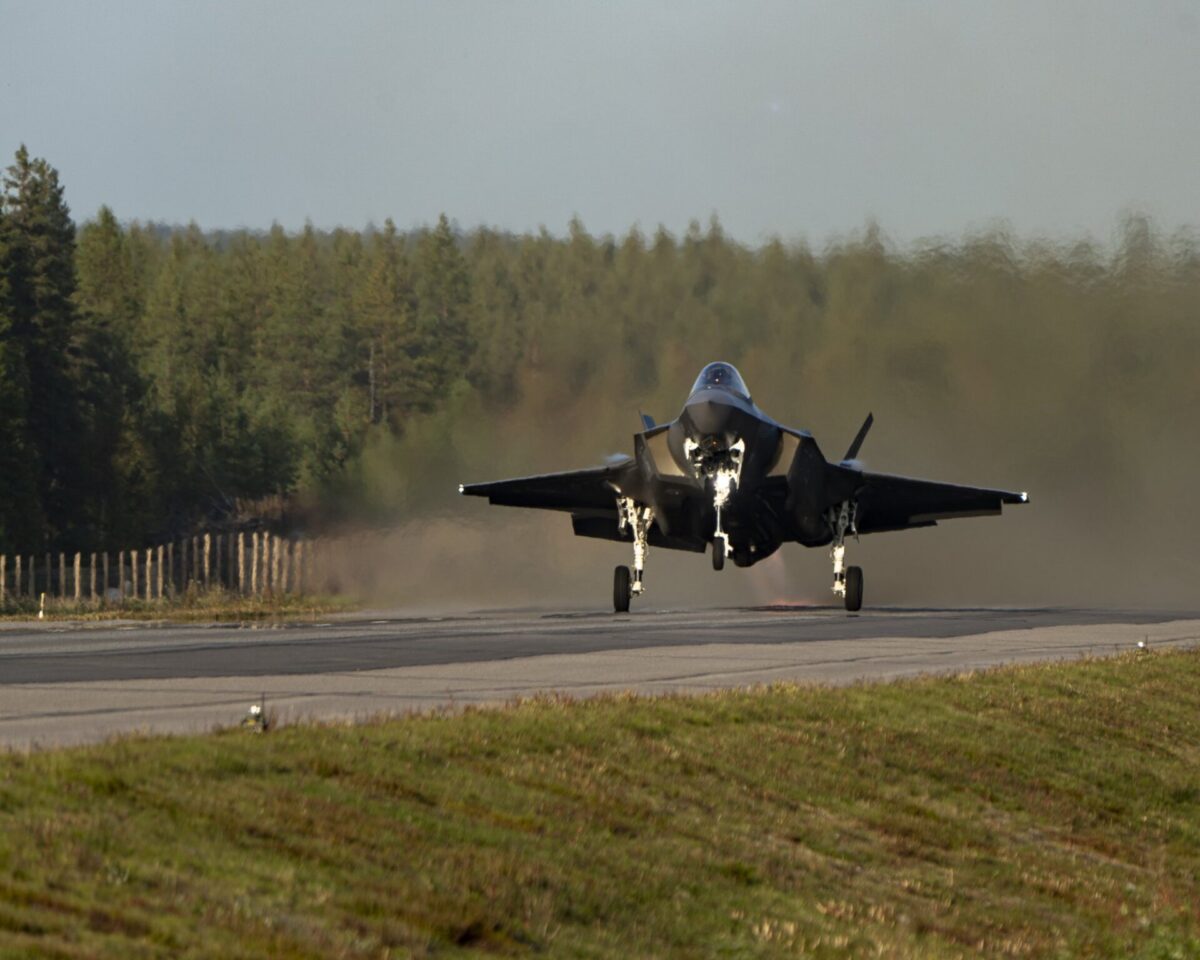

Not all the unusual landings were planned, however. In January 2024, a Russian Mi-8 helicopter had to make an emergency landing on a highway, and the UK’s RAF left a Chinook stranded in a field for several days after it broke down during an operation.
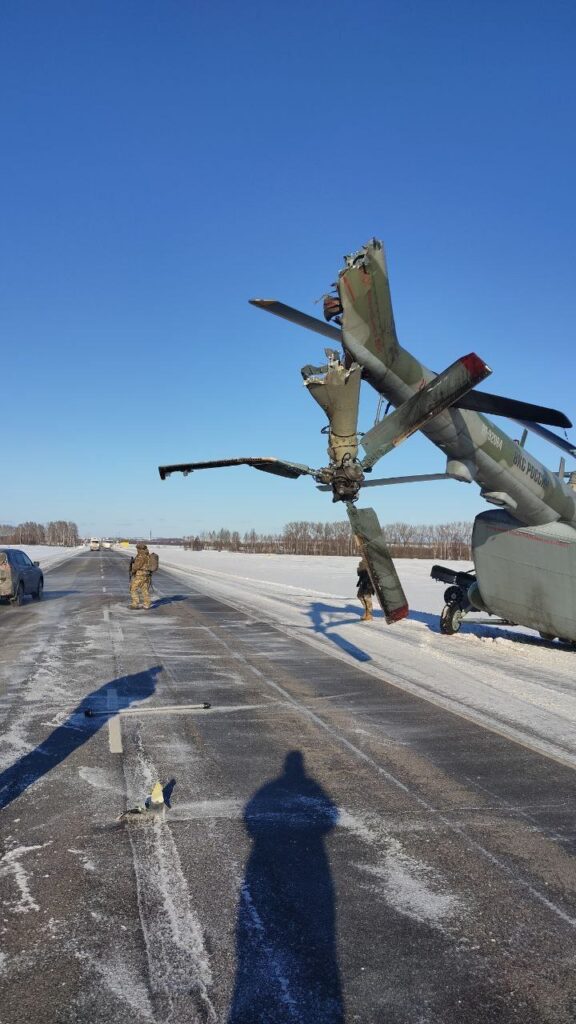

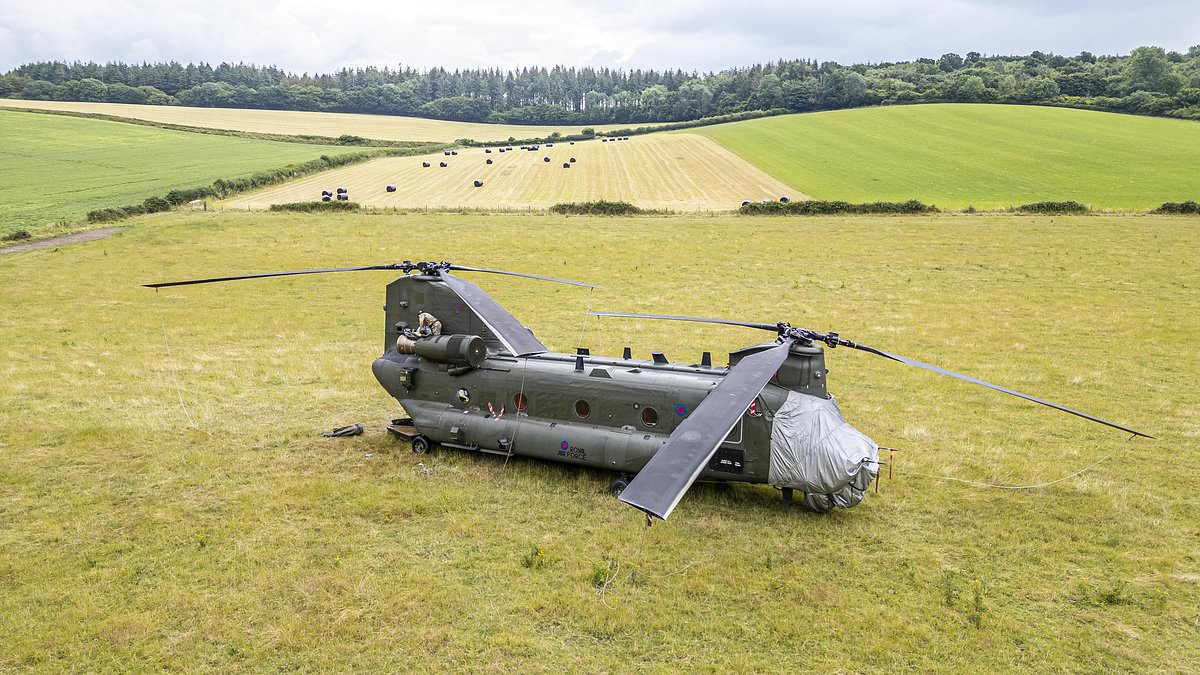

Our personal favorite defense aviation news
While some defense aviation news served to shake up the status quo, other news just piqued our interest. Ian Molyneaux highlighted his favorite: “The story of Russian pilot Maksim Kuzminov’s death in Alicante painted a vivid picture of the dark arts of espionage. The Mi-8 helicopter pilot hit the headlines in 2023 after he landed a Russian aircraft in Ukraine and defected. However, in February 2024, Kuzminov died after sustaining gunshot wounds in a car park while living in Spain under a new identity.”
For defense reporter Jean Lim, an update from the RAAF really touched her, as she explained: “The six surviving graduates of the last batch of RAAF’s navigational course reunited to see the latest technology in navigation. I am both amazed and moved when I marvel at the fact that not only is the course no longer offered, but the occupation itself – a Navigator, no longer exists.”
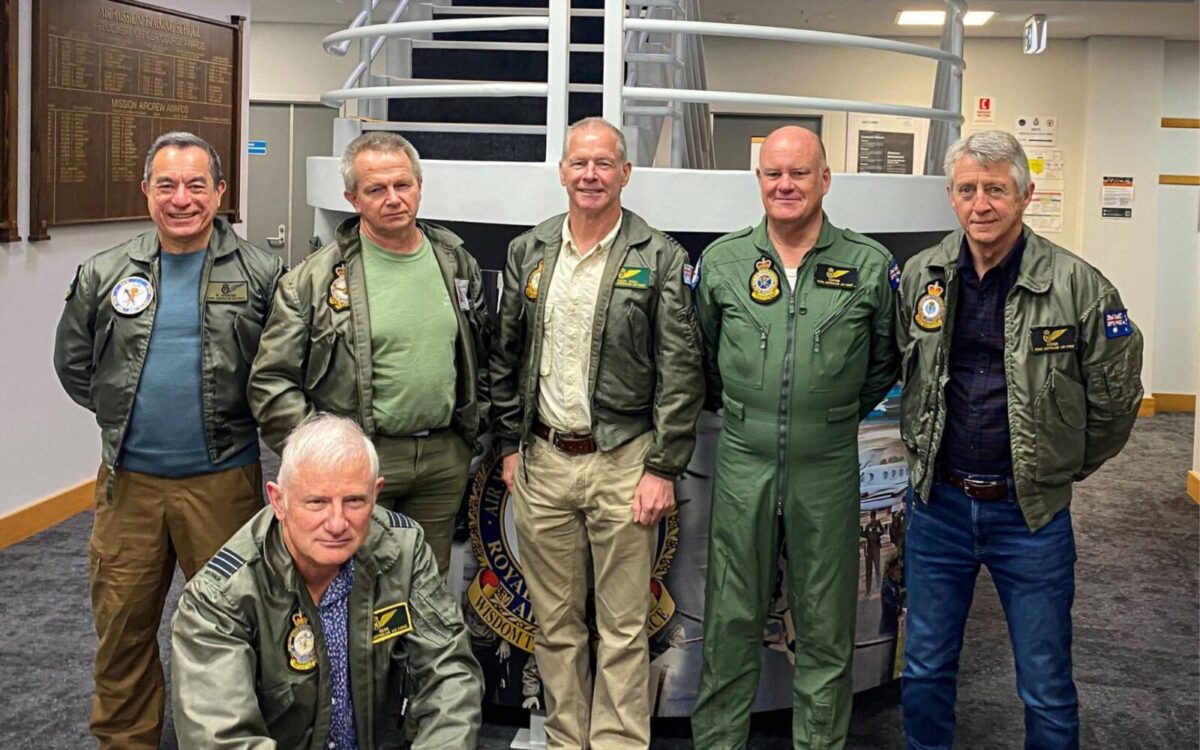

“A generation of people who dedicated an entire livelihood to this craft is literally replaced by GPS, a technology everyday people like you and me use,” Jean added. “Sometimes we need to look back in order to respect those who have paved the way for new technology and also to realize the swiftness and magnanimity of innovation.”

